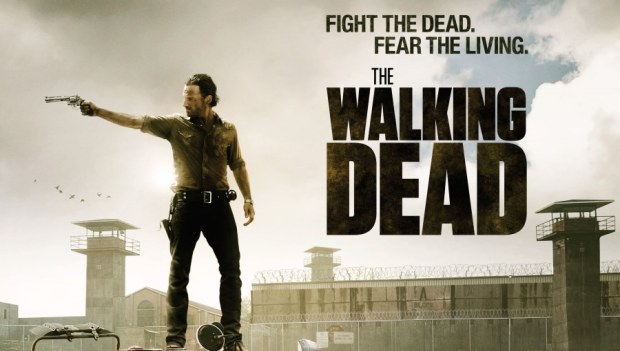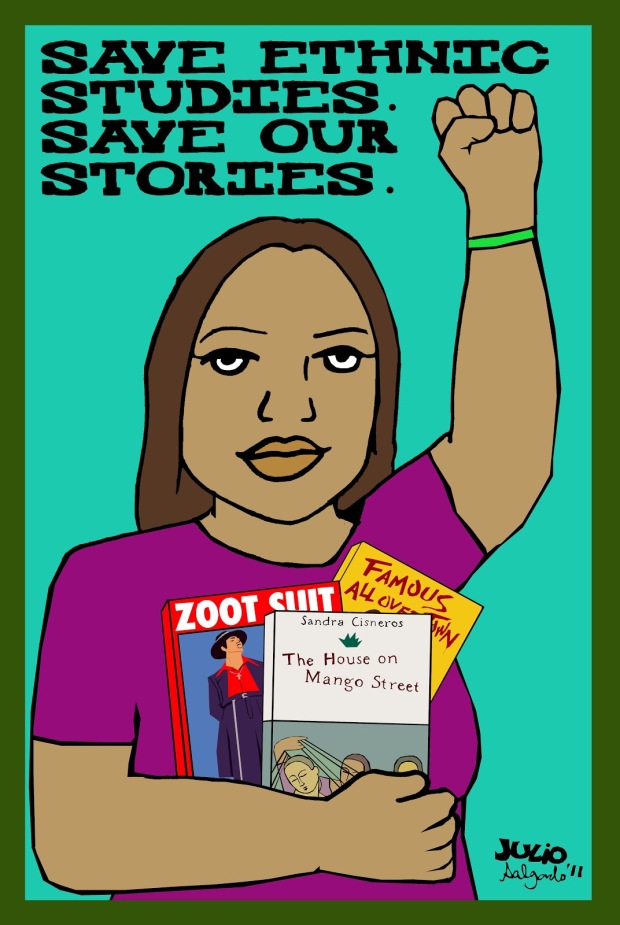We’ve got a new issue! Our Spring 2015 issue is now live, please take the time to read and share! You can read it HERE.
Table of contents:
We’ve got a new issue! Our Spring 2015 issue is now live, please take the time to read and share! You can read it HERE.
Table of contents:

So a friend of mine wrote me a message on Facebook that went a little like this:
Question: how the heck do you get through to someone that thinks natives need to just get over it?
Answer: Shake them? I never advocate shaking people, but maybe something is loose in there. Tell them to take a Native American Studies Course (it ain’t cheap, but it’s worth it).
But if I’m being honest, lately, when this comes up — and isn’t it telling that it comes up often enough that I can begin with “lately” instead of “well the last time, a long time ago, man I can barely remember that time?” — I like to tell them about The Walking Dead.
View original post 2,212 more words

Many activists and educators are demanding for a public school curriculum that produces a critical and relevant education, especially for those students who have historically been marginalized within the school system. For those of us who are disrupting the systemic failings of public schools and challenging the normalization of pushing students of color out of a high school(/higher) education, it is important to look for every available resource that might develop a more inclusive and engaging environment for learning. Whether through mentorship, teaching, or expanding your own cultural consciousness the following documentary trailers should serve useful in your effort towards unpacking privilege and understanding the strict binary systems of race, gender, and sexual orientation that exist in (settler) society, as well as within the classroom.
1. Precious Knowledge
Truly a remarkable film about the end of the Mexican American Studies programs in Arizona. This film reveals how politics shape the classroom, how history and literature are not neutral subjects, and how students can become empowered through education.
2. Under the Bridge
Under the Bridge is a powerful documentary about the struggle for the creation of Chicano Park in San Diego, CA. Throughout are history lessons in the Chican@ Movement, decolonial practice, protest, and a revelation in the need for space in order for culture to thrive. Under the Bridge presents a beautiful lesson in using art as a decolonial methodology as Chican@s reclaimed land, placing artistic cultural symbols that laid claim to the stone pillars and walls that have been erected by colonization and capitalism.
3. Two Spirits
An extremely moving and sorrowful story about the horrific murder of Frank Martinez. However, the valuable lesson in Two Spirited people provides an interesting commentary on the false gender-binary established by colonization. One of the most important films in regards to the intersectionality of race and (trans)gender.
4. Miss Representation
Miss Representation should be seen by young women and men alike. It critiques the sexism and misogyny within the American patriarchy by critically examining the media’s role in consistently disseminating sexualized images of women. Kwame Appiah’s discussion of ascription comes to mind, as these limited scripts presented in media provide young women with limited views of their own future, not to mention the limited perspective that men have of women after constantly seeing women through sexist prism.